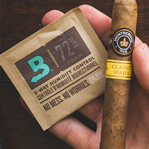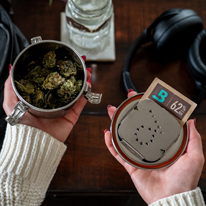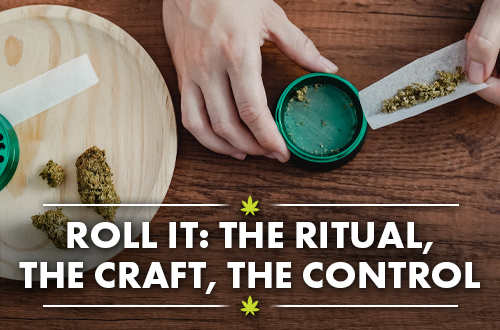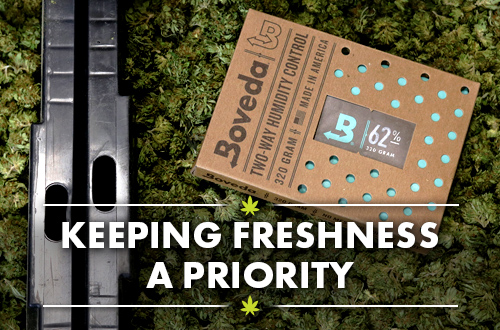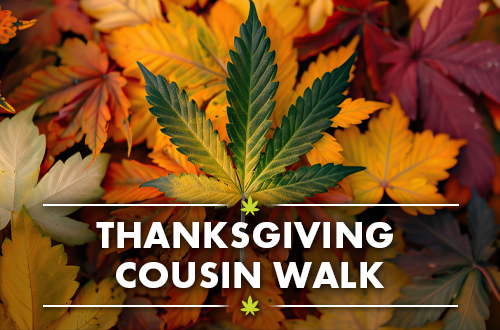CANNABIS COMPANIES TURN TO VETERANS, WHILE VETS STILL CAN’T TURN TO VA FOR CANNABIS
The burgeoning cannabis industry provides economic opportunities, revitalizes communities and changes lives for the better. Legal marijuana creates jobs and gives entrepreneurs the chance to develop cannabis-related businesses, from grow operations to extraction facilities to dispensaries.
According to cannarecruiter.com, “As states continue to legalize cannabis, the industry keeps adding jobs. In fact, industry-wide, it is expected that nearly 300,000 marijuana jobs will exist by 2020.”
That’s true even as commercial facilities look for ways to lower the cost of production by automating processes, such as using Boveda for mass scale humidity control to cure and store harvests. Many jobs at vertically integrated cultivators still require people.
Veterans are a fast-growing employment segment within the cannabis industry. With more than 20 million veterans living in the U.S., they are a huge labor pool for cannabis companies who need skilled workers—NOW.
WHY VETERANS ARE ATTRACTIVE HIRES FOR CANNABIS COMPANIES:
- Disciplined
- Honest
- Punctual
- Strong work ethic
- Comfortable following direction
- Previous vocational training
WHY CANNABIS IS A GOOD CAREER OPTION FOR VETERANS:
- Advanced technical training in a growing industry
- Higher pay than most minimum wage jobs (Quick entry-level bud trimmers can make about $20 per hour, according to cannarecruiter.com.)
- Strong camaraderie nurtured in cannabis operation
- Advocate from the inside to lift prohibition of medicinal cannabis by the Department of Veterans Affairs (VA)
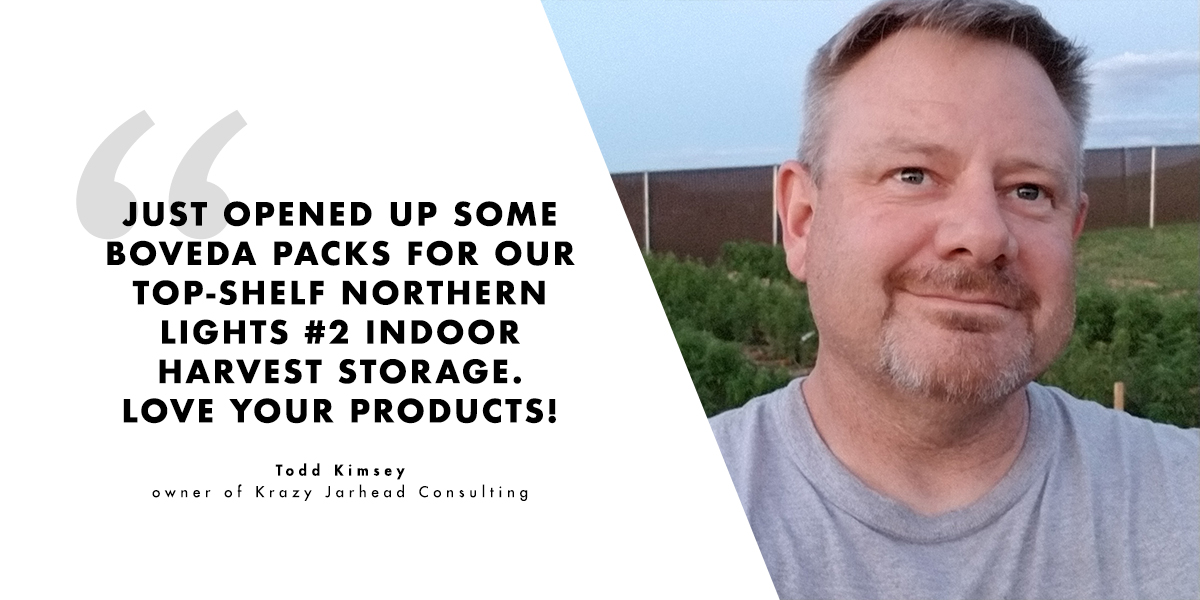
MEET TODD KIMSEY: VETERAN & CANNABIS CONSULTANT
Along with working for established cultivators, veterans are branching out in the green space. Todd Kimsey is a United States Marine Corps (USMC) veteran who runs a canna-business called Krazy Jarhead Consulting. The Washington-state business produces and processes cannabis products, including medical extractions.
Kimsey joined the service in 1990. “I attended USMC School Of Infantry aboard Camp Pendleton from August to October 1990, where I was trained on the TOW Missile System and the M-1046 armored HMMWV transport system,” Kimsey explained.
[For civilians: HMMWV = High Mobility Multipurpose Wheeled Vehicle, AKA Humvee. And TOW Missile System = Tube-launched, Optically tracked, Wire-guided Anti-tank Guided Missile.]
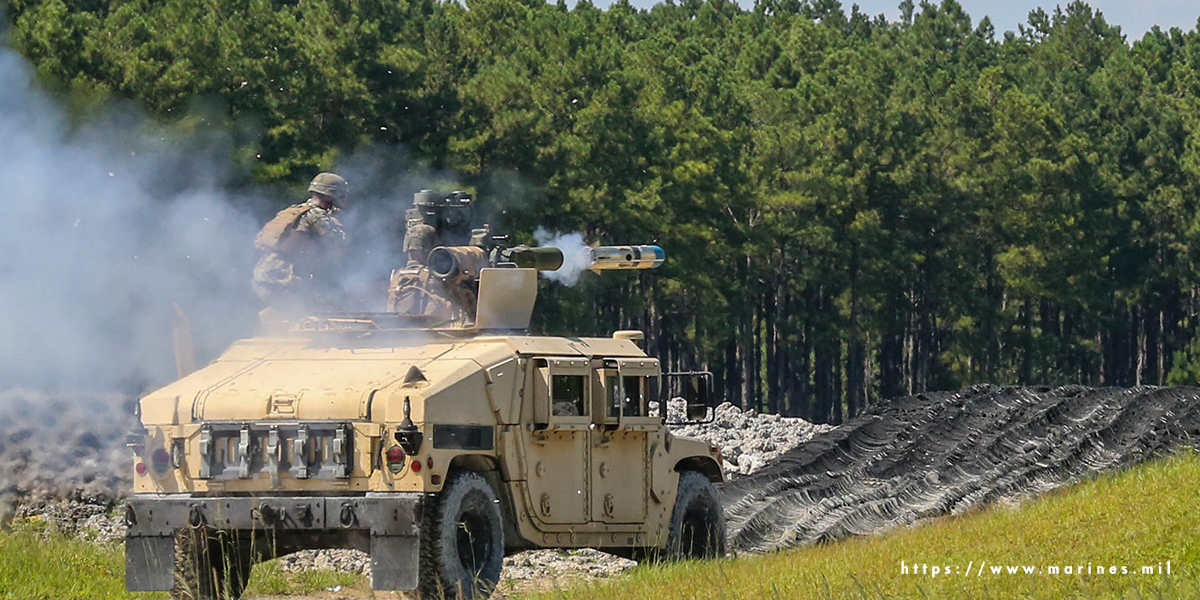
Battle drill at a Marine Corps Base Camp in Lejeune, North Carolina. Kimsey trained on a tube-launched, optically tracked, wire-guided (TOW) missile similar to the one pictured here.
In October 1990, Kimsey was deployed to support Operation Desert Shield in Saudi Arabia as a member of an Anti-Tank (TOW) Platoon, 5th Marine Regiment, 1st Marine Division. “We conducted combat patrol operations and engaged the enemy on multiple instances during the next eight days before returning to our ships and spending the next three months in the Persian Gulf providing relief support for Kurdish and Iraqi independence operations. We never deployed ashore again to assist, however.”
His platoon was deployed to Australia after leaving the Middle East, but was called to Bangladesh during the journey because of a devastating typhoon. Kimsey spent the rest of his active service in California, New Mexico and Georgia before being honorably discharged in 1994.
“I decided to end my active service in the USMC on April 26, 1994, as I was having increasing difficulty breathing and completing forced marches or even daily physical training sessions,” he said.
EXIT MILITARY, ENTER CANNABIS
Upon retiring from active duty, Kimsey began to cultivate cannabis. He had learned the craft while growing up. Although he consumed the herb as a young man, he took a pause after he enlisted.
“Both my mother and stepfather used cannabis daily and in front of us kids when I was growing up,” he said. “My stepfather grew cannabis and I helped in his garden frequently. I learned the techniques for growing from seed and clone, indoor and outdoor, and how to properly cure and long-term package the plant.”
WILL CANNABIS CO. AFFECT HIS VA BENEFITS?
Although Kimsey started the cultivation operation, he actually works as an unpaid consultant for the license holder because he’s afraid of losing his VA benefits. (The license holder is currently in the process of selling the operation to Kimsey’s sister.) The Pullman, Washington-based Tier II facility has 10,000 square feet of canopy. Kimsey estimates that he will harvest 200+ pounds of mid- to high-quality flower. An additional 300 pounds of flower too small to trim, the trim itself and shake will be processed into oil, tinctures and pre-rolls.
He currently employs two veterans at his facility and hopes to hire more in the future. Kimsey wondered if working in the cannabis industry could potentially raise suspicion for veterans. Marijuana is still considered illegal at the federal level; the Department of Veterans Affairs (VA) does not allow the use of the plant, even if it is for medical purposes.
LEGAL REC STATE? DOESN’T MATTER TO VA
“I didn’t realize there was an issue with cannabis and the VA in Washington state. I found out when I was told I had to provide a urinalysis test in order to receive my pain medication. I got a call from the nurse before I even left the VA Hospital campus telling me I would not receive narcotic prescriptions until I could provide a clean urine sample. I asked how that was possible considering cannabis was legal in the state which the hospital resided. She said it was federally illegal to provide me with narcotics when I had cannabis in my urine. I have hidden my usage from the VA very carefully since that time.”
Despite his preference to keep his cannabis profile low, Kimsey hopes that the future will bring better news for the legalization movement—especially for veterans who may desperately need the plant to avoid dangerous prescription opiates and anti-anxiety medications.
HEROGROWN SENDS CBD + ALERT TO CANN-EMPLOYED VETS
ATTENTION VETERANS WORKING IN THE CANNABIS INDUSTRY: Have you experienced problems applying for VA loans because you’re employed by a cannabis company? If so, please contact HeroGrown ASAP at requests@herogrown.org.
The non-profit HeroGrown (formerly known as Grow For Vets) fights to get American warriors access to medicinal cannabis. HeroGrown currently serves more than 40,000 veterans and first responders. Boveda is the leading sponsor of HeroGrown.
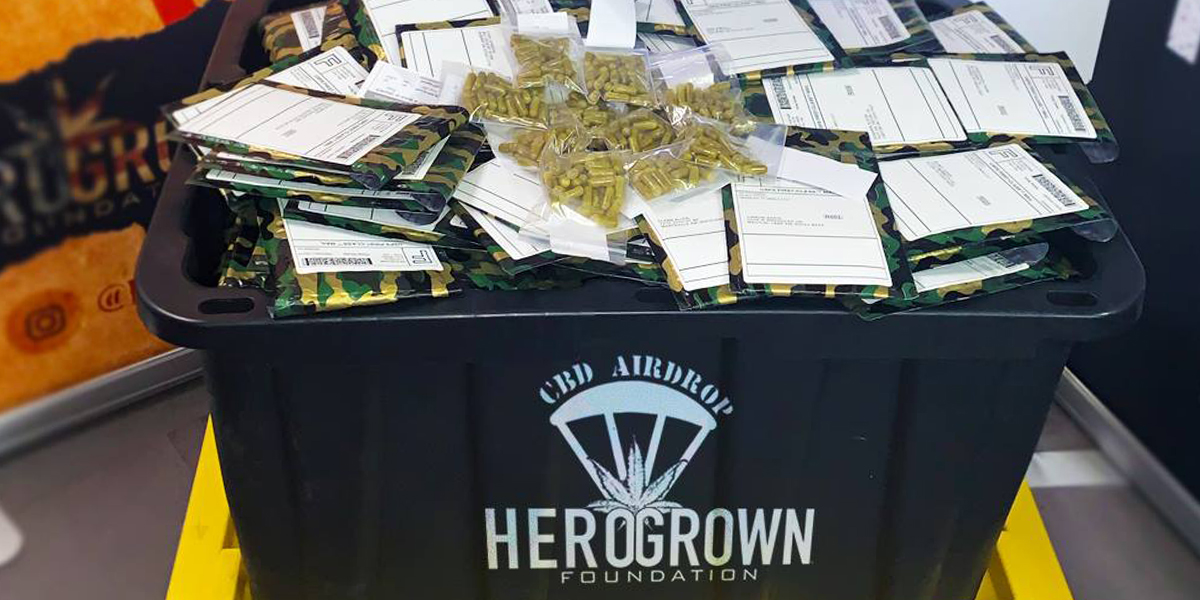
November CBD AirDrops inbound! HeroGrown sent more than $40,000 worth of free CBD products to veterans and first responders.
FILL THE NEXT HEROGROWN CBD SHIPMENT!
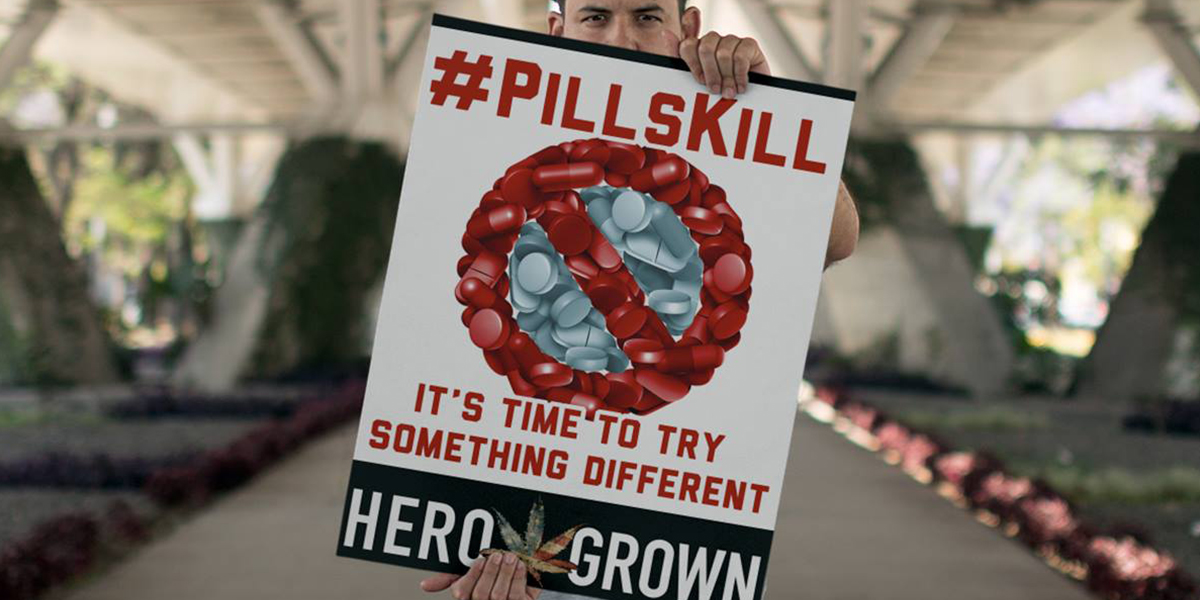
Everyone—whether a vet or not—has the right to medicinal cannabis (especially when it’s legal in your state!) Help veterans and first responders find relief and healing through flower. HeroGrown is a 501(c)(19) nonprofit organization, so your donation is tax deductible to this tax-exempt war veterans’ organization, which consists of at least 90% war veterans. Learn more about HeroGrown’s mission.
- Donate to HeroGrown.
- Sponsor monthly CBD AirDrops.
- Cannabis company? Donate product.

By Rachelle Gordon
www.RachelleGordon.net
Rachelle Gordon is a Minneapolis-based freelance writer and educator in the cannabis space. She has dedicated herself to informing others about the powers of plant medicine after witnessing her father’s struggle with epilepsy (and subsequent stroke) in her childhood.
Rachelle’s posts are being provided for informational purposes only; they do not constitute an endorsement or an approval by Boveda of any of the products, services or opinions of Rachelle. Boveda bears no responsibility for the accuracy, legality or content of this post or links to the posts.
